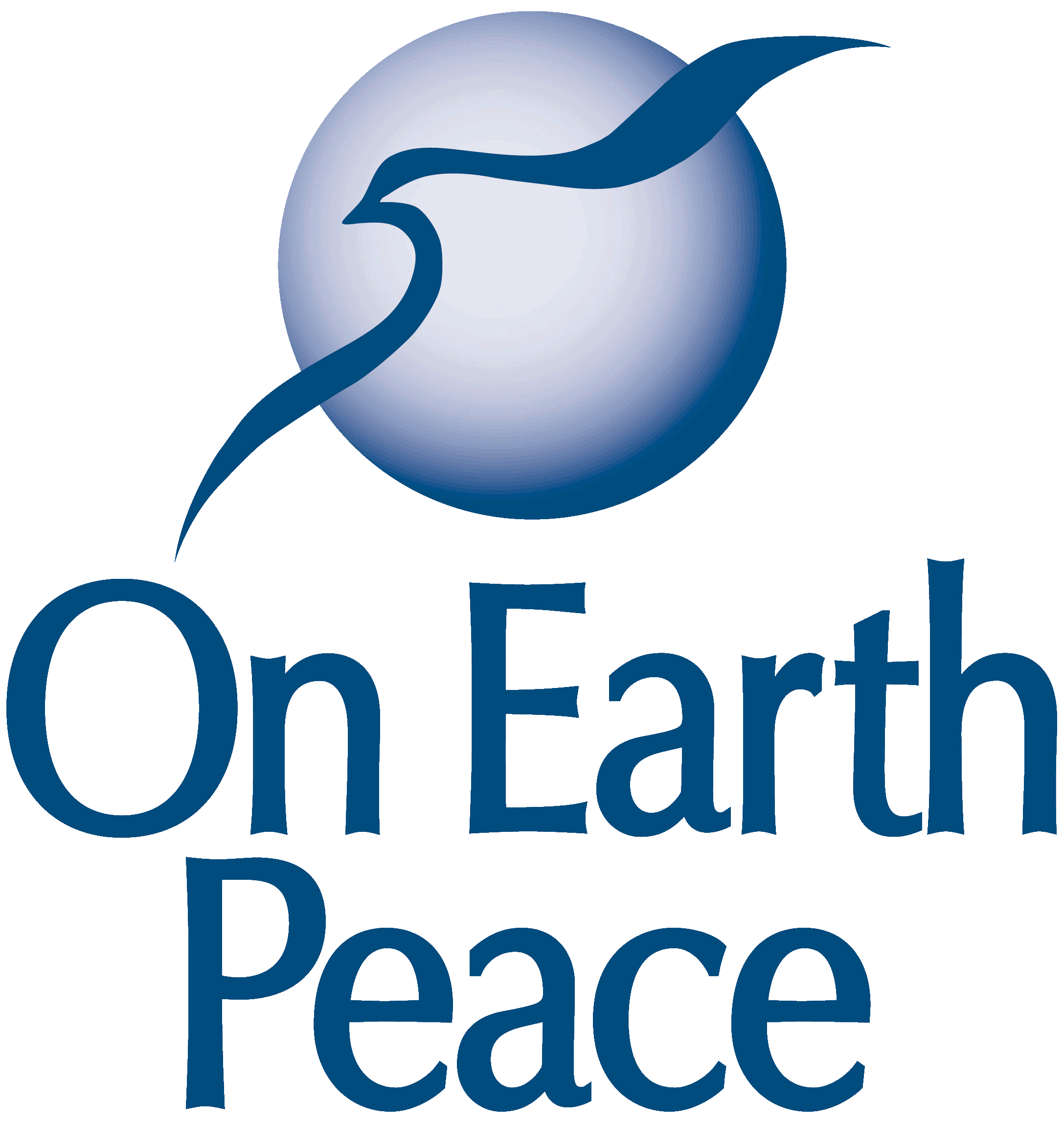
Written by Matt Guynn and Dean Johnson
Beloved Community as the framework for the future shapes how you see yourself, your beloveds, your organizing comrades, and your opponents. It means that no matter how bad things are in the moment, you have a place to stand and imagine a different future.
For followers of Jesus, the term “Beloved Community” echoes with the message that we are the beloved children of God made in the image of God. Kingian Principle #2 applies that theological truth to all our current and potential relationships. What if each person had that same worth? Faith-based pacifists can see the irreplaceable value of each human life. What if we weave that value into an active commitment to engage systems of oppression and violence? Beloved Community is a place that people experience a profound sense of belonging and worth. And it reaches beyond that circle of belonging to courageously confront harm and injustice.
Beloved Community organizers hold out for opponents to be won over. As David Jehnsen and Bernard LaFayette Jr., write, “The goal is not to humiliate the opponent but to win the opponent over to a new view and a new pattern of behavior. Every human being can contribute to change... The opponent is also a victim of the conditions... The Beloved Community, a framework for developing the future, is a context in which one can deal effectively with unjust conditions.” [1]
Kingian Nonviolence teaches the goal of Beloved Community is “[an] effort to achieve a reconciled world by raising the level of relationships among people to a height where justice prevails and persons attain their full human potential.”[2] We raise the level of relationships as we organize for change bringing more people into the work for change. We raise the level of relationships as we use nonviolent action and creative/constructive conflict to speak up for ourselves and our communities. Otherwise, we risk the opposite: isolation, conflict avoidance, failure to organize, and vilifying those who disagree with us.
Beloved community is embodied in how you engage others. It is a stance of hospitality in a spirit of respect and love. It means having a relationship orientation that fosters meaningful connections and community underneath our identities. According to Ruby Sales, “My work is predicated on the belief that there is something intrinsically good and worthwhile in everybody. Part of what social justice means is that you help people get there.”[3]
This approach and the impossible-seeming task of loving even enemies summons forth our highest selves --helping us attain our fullest human potential. According to Vincent Harding, “What I see in the sixties that continues to give me a sense of real human possibility, is that when you live in the midst of a movement like that, you see people transformed, people going far beyond their own previously defined limits, possibilities, and feasibilities.” [4] Are you ready?
You can find the entire 2020 Fall Newsletter here.
1 LaFayette, Jr., Bernard and David C. Jehnsen, The Leaders Manual: A Structured Guide and Introduction to Kingian Nonviolence: The Philosophy and Methodology. Galena, OH: Institute for Human Rights and Responsibilities, Inc., 1996. 62.
2 LaFayette, Jr., Bernard and David C. Jehnsen, The Leaders Manual. 52.
3 Sales, Ruby. Interviewed by Dean Johnson. Personal Interview. Columbus, GA. 27 October 2013.
4 Abelove, Henry, E. P. Thompson, Sally Stein, and Allan Sekula. Visions of History. New York: Pantheon Books, 1984. 226.
